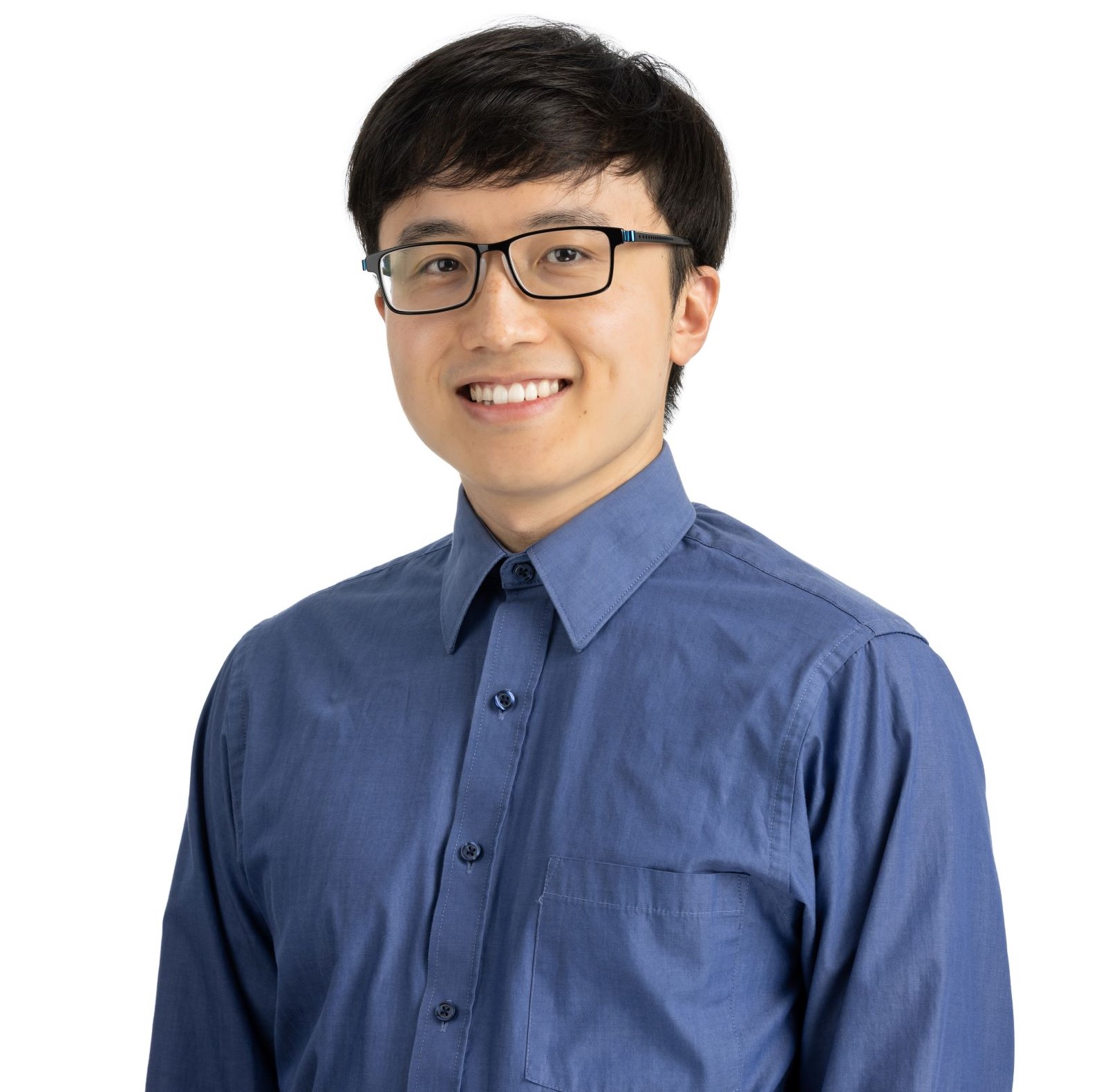
- This event has passed.
ESE & BE Spring Seminar – “Ultra-high-throughput computational imaging: towards a trillion voxels per second”
February 22, 2024 at 11:00 AM - 12:00 PM
Traditional biomedical imaging techniques face throughput bottlenecks that limit our ability to study complex dynamic samples like cells, organoids, tissues, and organisms. In particular, hardware-only systems have inherent physical limitations preventing the simultaneous improvement of resolution, field of view, and frame rate. In this seminar, I propose that large-scale, machine learning-accelerated computational imaging will be the key to overcoming these throughput bottlenecks. I demonstrate a variety of examples from my research, ranging from resolution-enhanced, speckle-free tissue imaging with optical coherence refraction tomography, to camera array-based gigapixel microscopy and 4D fluorescence tomography of freely-behaving zebrafish and fruit flies. Critical to the computational scalability is the integration of physics-supervised deep learning into my reconstruction algorithms. This approach is inherently robust to generalization errors and does not require labeled data, as it uses the differentiable physical model as the only supervision mechanism. Combined with scalable hardware designs, these high-performance computational imaging systems will continue the trend of my research towards ultra-high imaging throughputs, even approaching 1 trillion voxels per second, which will accelerate scientific discovery, big data generation, and tool development across a broad range of biomedical applications.

Kevin Zhou
Schmidt Science Fellow & Postdoctoral Scholar, UC Berkeley
Kevin C. Zhou is a Schmidt Science Fellow and postdoctoral scholar at UC Berkeley, developing high-throughput computational imaging systems with Laura Waller and Hillel Adesnik. Before that, he received his PhD in biomedical engineering at Duke University, where he worked with Joseph Izatt, Warren Warren, Sina Farsiu, and Roarke Horstmeyer, and was supported by the NSF GRFP. He received his BS in biomedical engineering at Yale University, where he was supported by the Barry M. Goldwater Scholarship. Kevin’s interdisciplinary research focuses on developing both the optical instrumentation and machine learning-driven algorithms for scalable, high-throughput computational optical imaging systems to advance discovery in biology and medicine.
